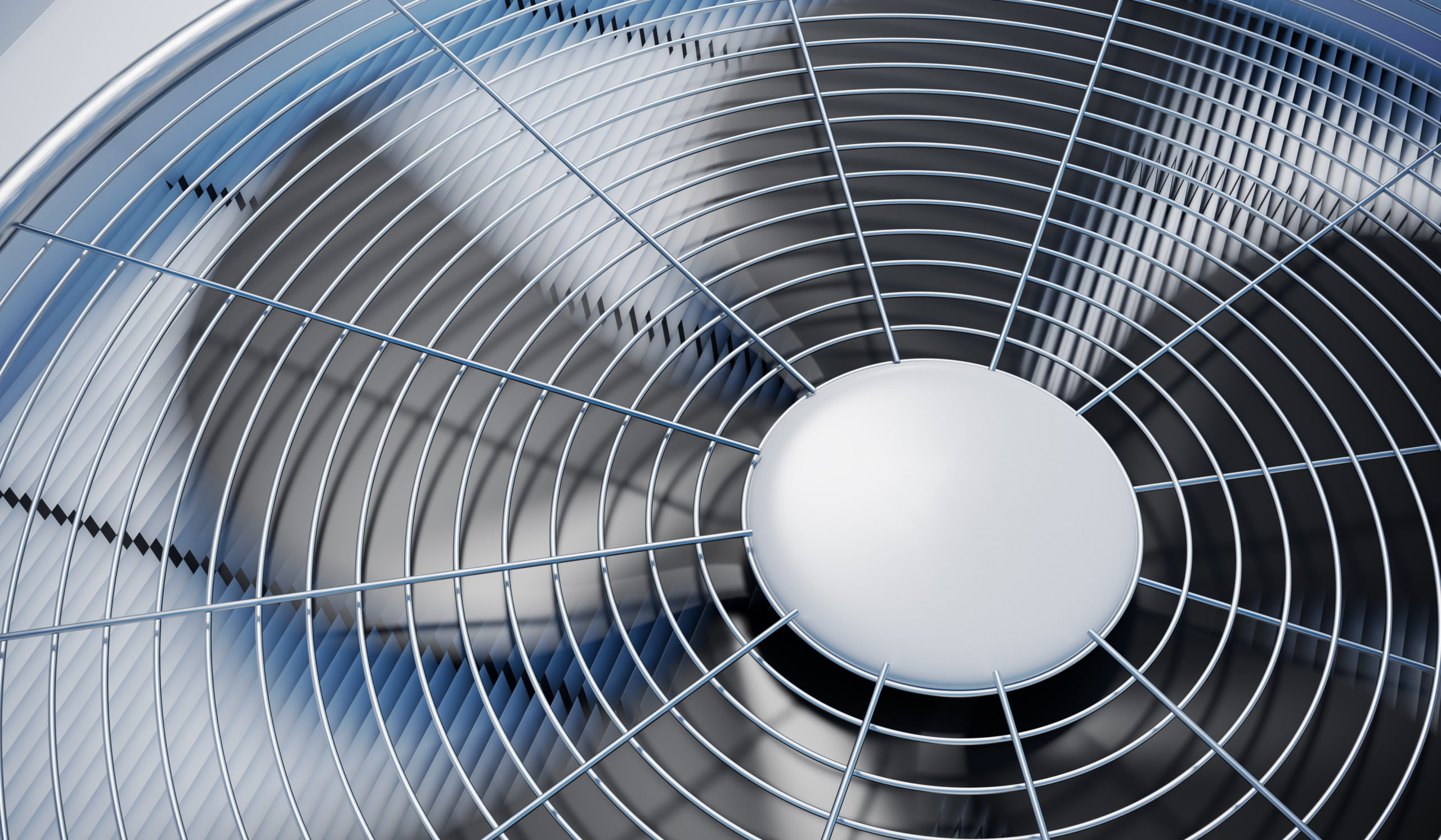
7 HVAC Efficiency Tips

What do the different SEER ratings mean?
SEER stands for Season Energy Efficiency Ratio. Your SEER rating relates directly to the efficiency of your HVAC system. Basically, the higher your SEER rating, the more comfort you’re getting from each dollar you spend on heating or cooling. SEER ratings are enforced by the U.S. Department of Energy—the minimum rating for the southern states is 14, while the north has to meet at least a 13.
It’s important to keep in mind that these ratings are the maximum efficiency ratings—a car will get less mileage in traffic compared to on the highway. Other factors that affect your energy-efficiency include your system settings and lifestyle, system maintenance, your climate, quality of your ductwork, and personal lifestyle.
What are the different filter ratings?
The American Society for Heating, Refrigerating and Air Conditioning Engineers (ASHRAE) created and recommends air filters with a minimum MERV rating of 6. The U.S. Department of Energy recommends a minimum MERV rating of 13. But what do these ratings mean?
What does MERV stand for?
MERV stands for Minimum Efficiency Reporting Value. The higher your MERV rating is, the more effective your filter will be at catching small particles in your air supply.
What’s the best MERV rating?
The best way to choose the MERV rating that’s right for your system and family’s needs is to contact your local HVAC expert. Generally, these are how the MERV ratings compare to each other:
- MERV ratings 1-4 — less than 20% of larger particles (sized 3-10 microns) are captured (a human hair is about 50 microns in diameter)
- MERV ratings 5-7 — filter out 20-69% of large particles
- MERV ratings 8-10 — Captures approximately 85% of large particles and 50% of small particles (sized 1 to 3 microns)
- MERV ratings 11-16 — Filters out more than 90% of large particles and 70-90% of smaller particles
- MERV ratings 17-20 — Filters out microns smaller than 0.3 microns (including viruses)
What does HEPA mean?
There is some debate on what HEPA stands for. Two of the most common answers are ‘High Efficiency Particulate Air’ or ‘High Efficiency Particulate Arrestance’. HEPA filters are designed to trap 99.97% of particles 0.3 microns.
HEPA filters were originally intended for lab and factory use (such as in the Manhatten Project) where the amount of small, potentially troublesome particles was of greater concern. However, over time, they found their way in use for homes, cars, and businesses.
Top Ways to Increase Home Comfort
Change Your Air Filter
Dirty air filters make your HVAC system work harder to keep your home comfortable. Think about it as if you were trying to blow up a balloon. The amount of force necessary to fill the balloon is different when you’re blowing normally versus if you had to, say, blow up the balloon through a piece of fabric. Your air works the same way. A clogged filter makes your system push itself more to get air through the build-up of dust, dirt, hair, and other debris.
Change your air filter every 30-90 days to prevent premature breakdowns and keep your home comfortable.
Program Your Thermostat
Setting your thermostat is a great way to keep your home comfortable with no extra effort on your part, but what temperature is best for your home? If you’re interested in saving money on your heating and cooling costs, the U. S. Department of Energy recommends that you set your thermostat to 78 degrees in the warmer months and 68 degrees in the cooler seasons.
These temperatures will help you save more money, however, setting your thermostat to whatever degree is comfortable for your family will work best.
Set Your Thermostat to a Comfortable Temperature
Myth: Set your thermostat to 10 degrees warmer or cooler to get your home to your desired temperature faster!
Fact: Setting your thermostat lower or higher doesn’t actually heat or cool your home any quicker. All it does it tell your HVAC system that you want it to be 60 degrees in your home, which means your system will stay on and pump cool air into your home until it reaches the desired temperature. For the best results, program your thermostat for your schedule so it knows when to keep the air on and when to save energy by not running.
Avoid Wasting Energy
Another great way to save money on your heating and cooling is to conduct an energy audit on your home and check for drafty windows and doors or leaking ductwork. These areas are big ways your home may be wasting energy and losing warm or cool air from your HVAC system.
For the best HVAC repair and service in Grand Rapids, call our expert team at (616)-453-1099!
Flexible Financing
Why Choose Grapids Home Services?
Discover The Difference
Guaranteed
Your Convenience
Reviews
Experience
At Grapids Home Services, our contractors go above and beyond to provide service that exceeds your expectations! Our customers save more on their HVAC with our Service Partner Plan.



